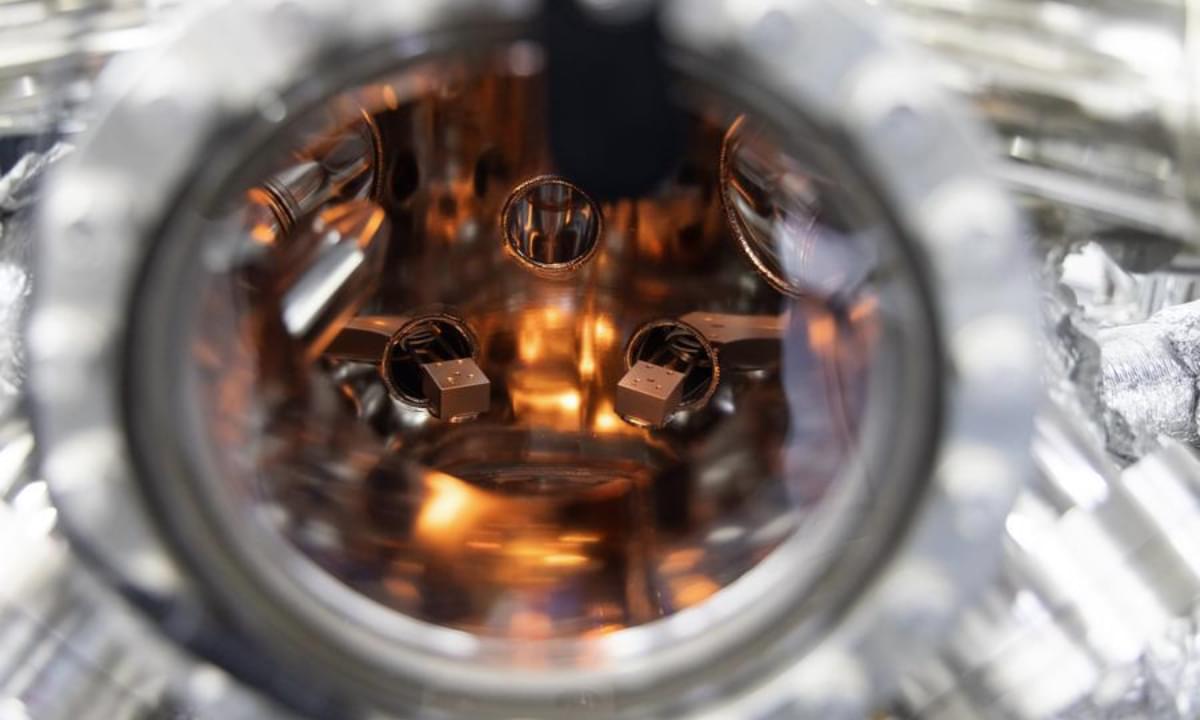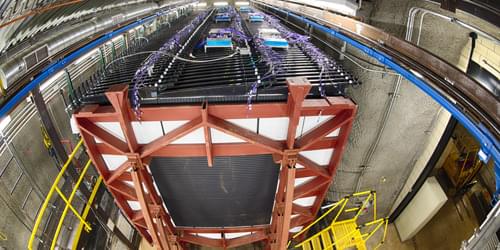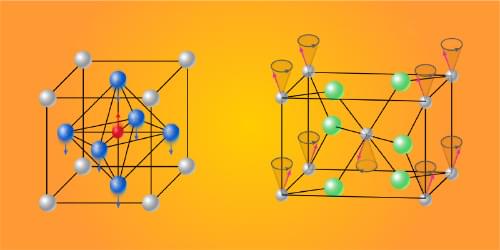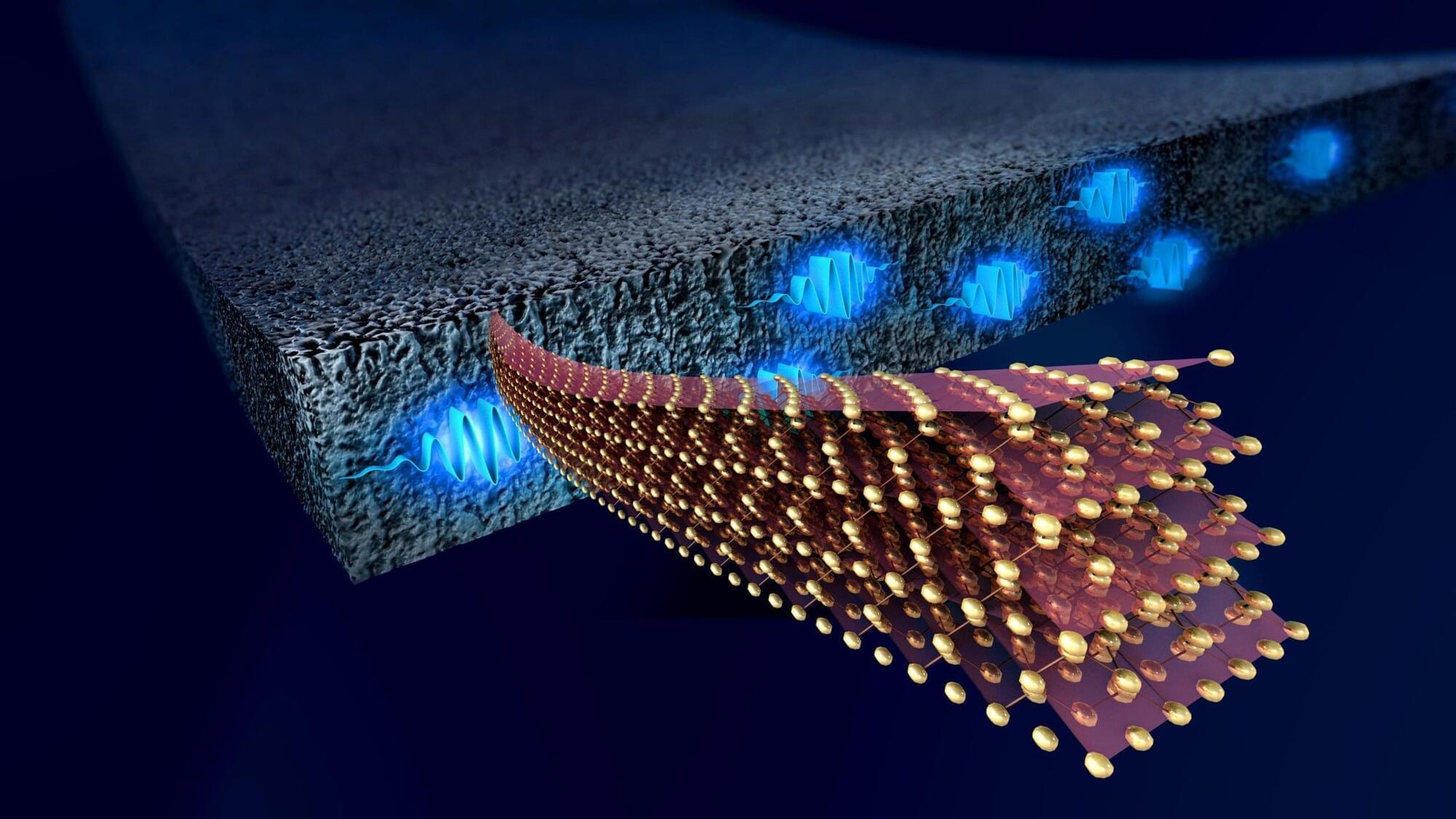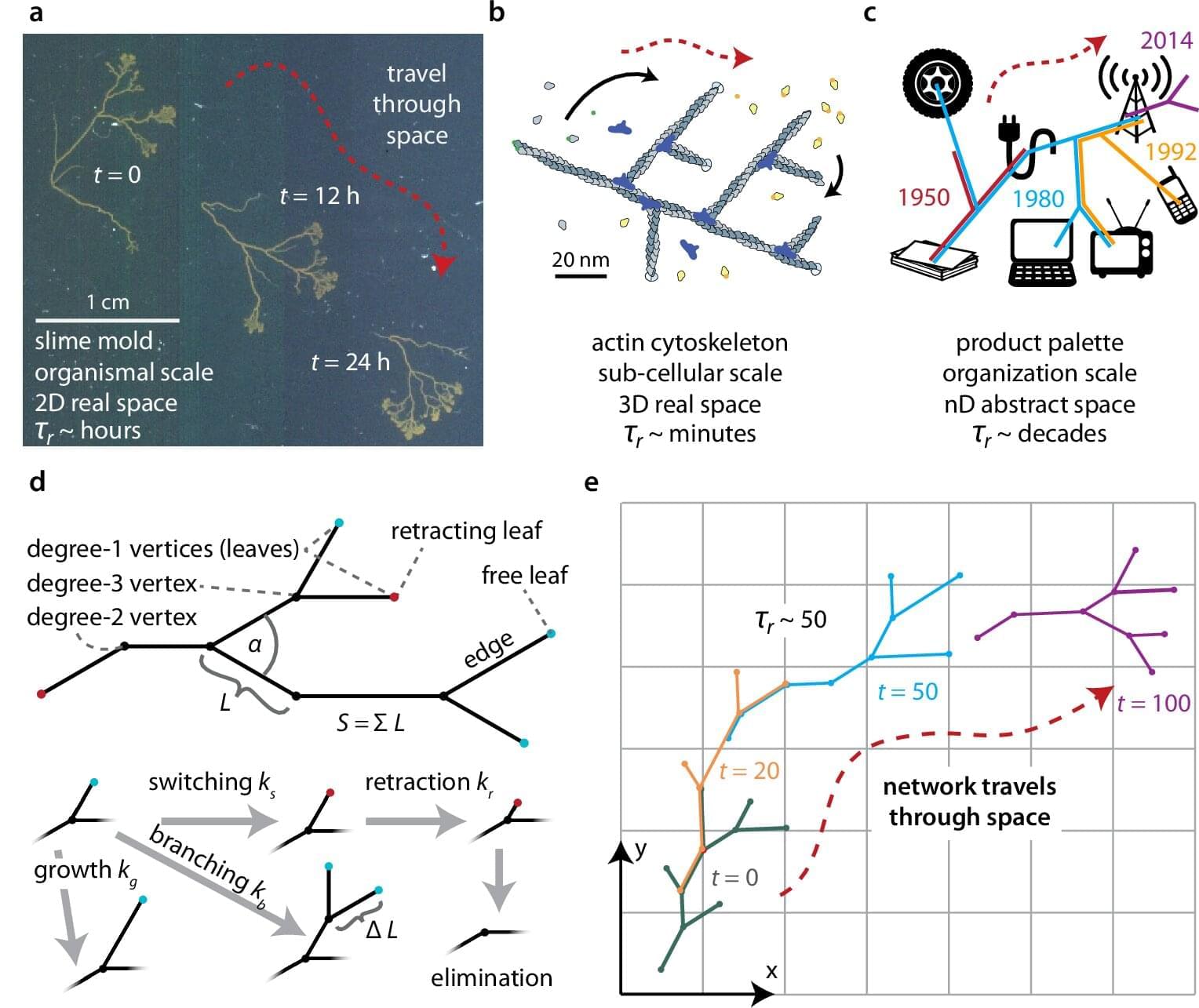Take the Space Time Fan Survey Here: https://forms.gle/wS4bj9o3rvyhfKzUA
PBS Member Stations rely on viewers like you. To support your local station, go to: http://to.pbs.org/DonateSPACE
Sign Up on Patreon to get access to the Space Time Discord!
https://www.patreon.com/pbsspacetime.
Imagine you’re leading a game of 20 questions and you forget the thing you chose half way through. You have to keep answering yesses and nos and hope that you think of something that’s consistent with all your previous questions before the game is done. Well it could be that’s what the entire universe is doing. I hope it thinks of something good before we run out of questions.
Check out the Space Time Merch Store.
https://www.pbsspacetime.com/shop.
Sign up for the mailing list to get episode notifications and hear special announcements!
